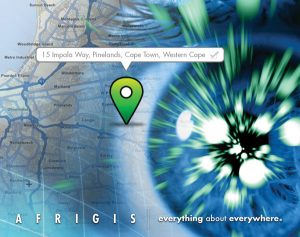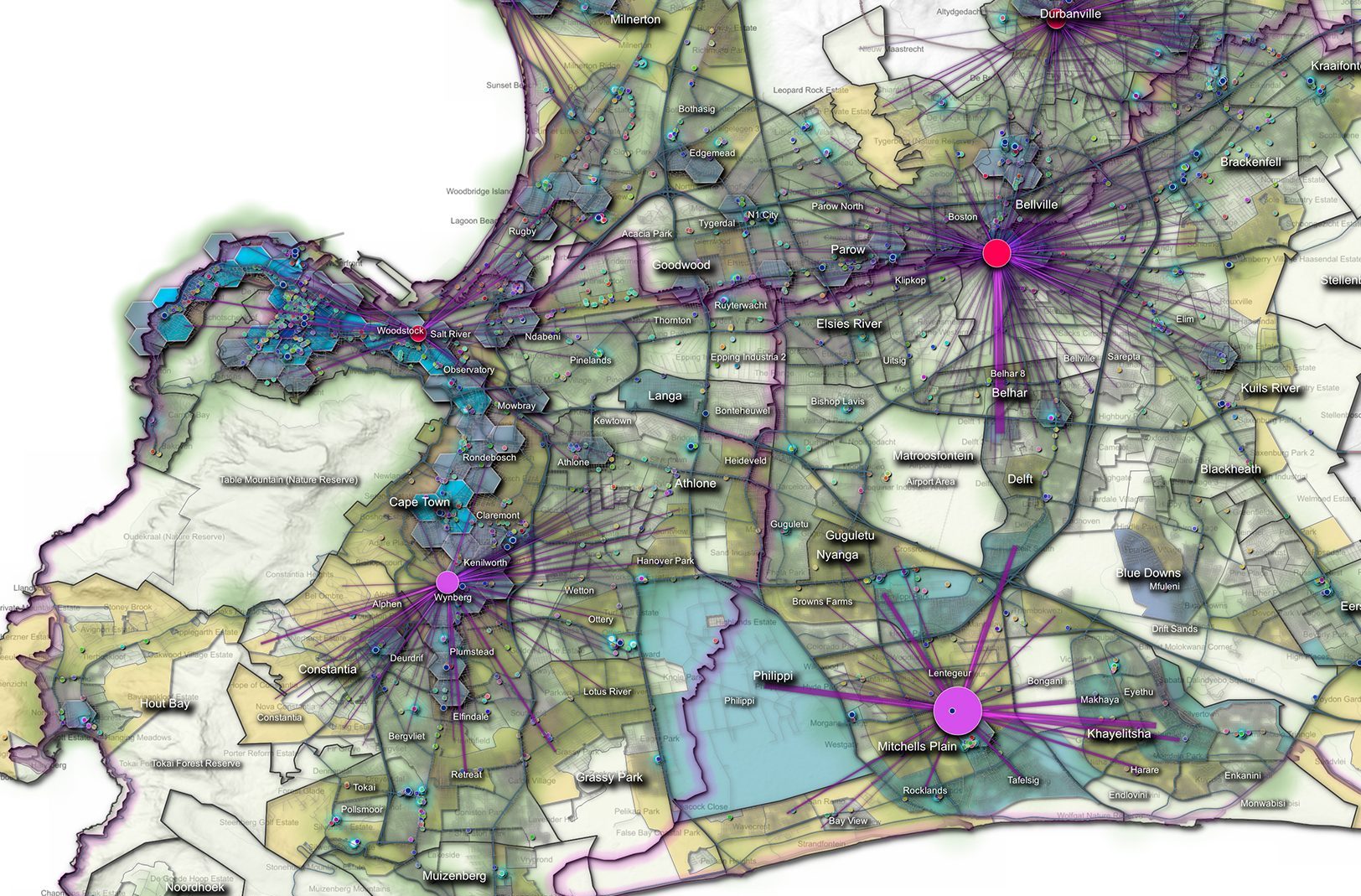Local technology innovation company, AfriGIS believes that the answer to “Where” holds the key to future growth. TechSmart Business spoke to its MD, Magnus Rademeyer to find out more.
With big data as one of the current major trends, it’s easy to forget that a number of companies have been working with, and refining, large data sets as part of their primary business for many years already. None more so than local geographic information system provider AfriGIS.
“Geographic data is big data,” says Magnus Rademeyer, MD of AfriGIS, noting that some of the largest data sets in the world refer to mapping and the information derived thereof. For businesses, it is the unlocking of information coupled with this geographical data that can hold the key to future growth. Called Spatial Information Intelligence, Rademeyer explains that it is one of the drivers of efficiency since it solves the problem of ‘Where’. A courier, for example, needs to know the ‘where’ when delivering a package; companies need the ‘where’ when selecting the location of a new franchise or shop; and banks need the ‘where’ when choosing to provide credit to certain areas.

Local technology innovation company, AfriGIS believes that the answer to “Where”
holds the key to future growth
The Knowledge Tool
“If you can use geolocation meaningfully, you can quantify demand,” said Rademeyer, noting that it is here where AfriGIS plays an important role. For one, the company has a number of data sets available, plus the ability to build more if so required. Secondly, as anyone who has had experience with big data knows, you need to have the correct data extraction tools in place to be able to answer the questions asked. Rademeyer believes that AfriGIS’s Search offering, powered by IntiendoLS and Analysis tool GISlike, are precisely such tools, helping local businesses and organisations use spatial information to gain a business advantage. “The information we have available holds the key to, amongst others, traffic management, telecommunication planning, and governmental planning. What we do is pull all disparate data sets together and make it easily accessible,” he says.
The AfriGIS GISlike analysis application works online and allows companies to not only make use of the AfriGIS maps, but also the datasets incorporated in it, including Census and infrastructural data. Users of GISlike can therefore employ it to enable market, consumer and risk profiling; assist with market research; and of course help with projects’ risk analysis.
Furthermore, clients are able to integrate their own data from Excel to have it displayed spatially on the maps. While there are many companies that can offer parts of the solution, what sets AfriGIS apart, is that they can provide the complete package. The company has been in the geographic information industry for more than 15 years, and counts the IEC, Famous Brands, Nando’s, SARS and RAM Hand-to-Hand Couriers as some of its big clients.
And the Power
If you believe in the old adage that knowledge is power, when seeing GISlike in action, one quickly comes to the conclusion that AfriGIS has a wealth of information to seriously bulk companies’ planning muscles. According to Rademeyer, if you know how to use geolocation properly, it is easy to spot supply and demand. And is this not the first key to a growing business?
For more innovative solutions visit www.afrigis.co.za.
Published in TechSmart Business, October 2014: http://techsmart.co.za/business/Answering-the-Where-questions.html

